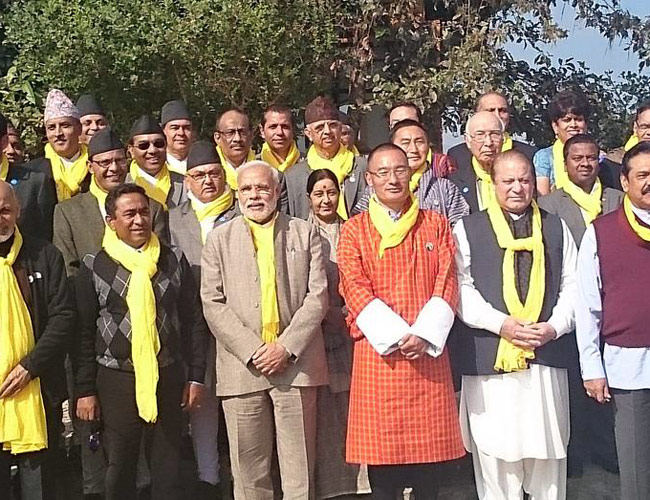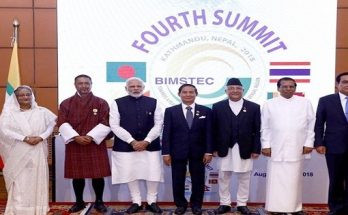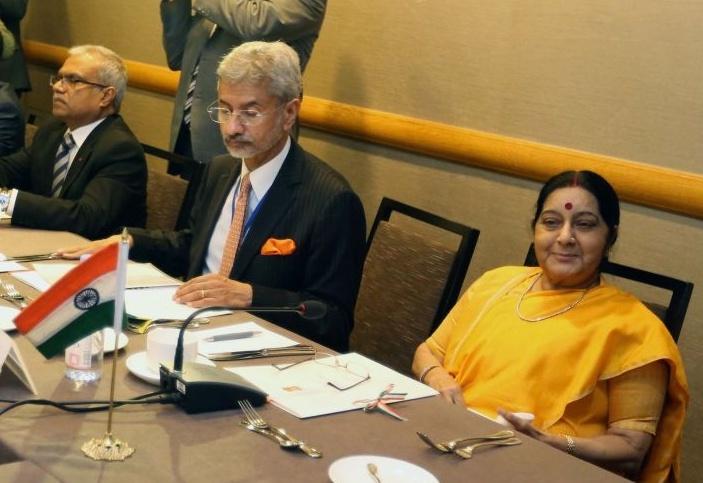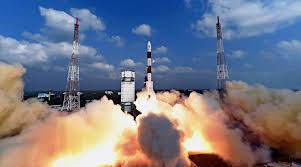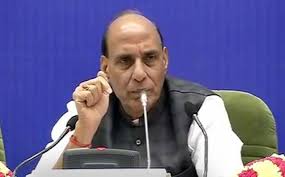In the wake of the Uri terror strike, India announced its decision not to participate in the SAARC summit which was supposed to be held in Pakistan in November this year. All other SAARC nations followed suit, and decided to boycott the summit. Distressed by this marginalisation and mainly due to India’s increasing influence in the SAARC, Pakistan is now playing with the idea of a greater SAARC. According to a recent report in the Dawn newspaper, Pakistan is looking at the possibility of a “bigger SAARC” to check India’s increasing dominance in the eight-member forum.
According to the report, “Pakistan has pitched the idea of a greater South Asian economic alliance, one that includes China, Iran, and some neighboring Central Asian countries”. A parliamentary delegation from Pakistan during its five-day visit to Washington last week pitched this idea, the report said. “A greater South Asia is already emerging,” Senator Mushahid Hussain Syed was quoted as saying in one of his interactions with the media. “This greater South Asia includes China,Iran, and the neighboring Central Asian republics,” he said. He described the China-Pakistan Economic Corridor as the key economic route linking South Asia with Central Asia.
Read More